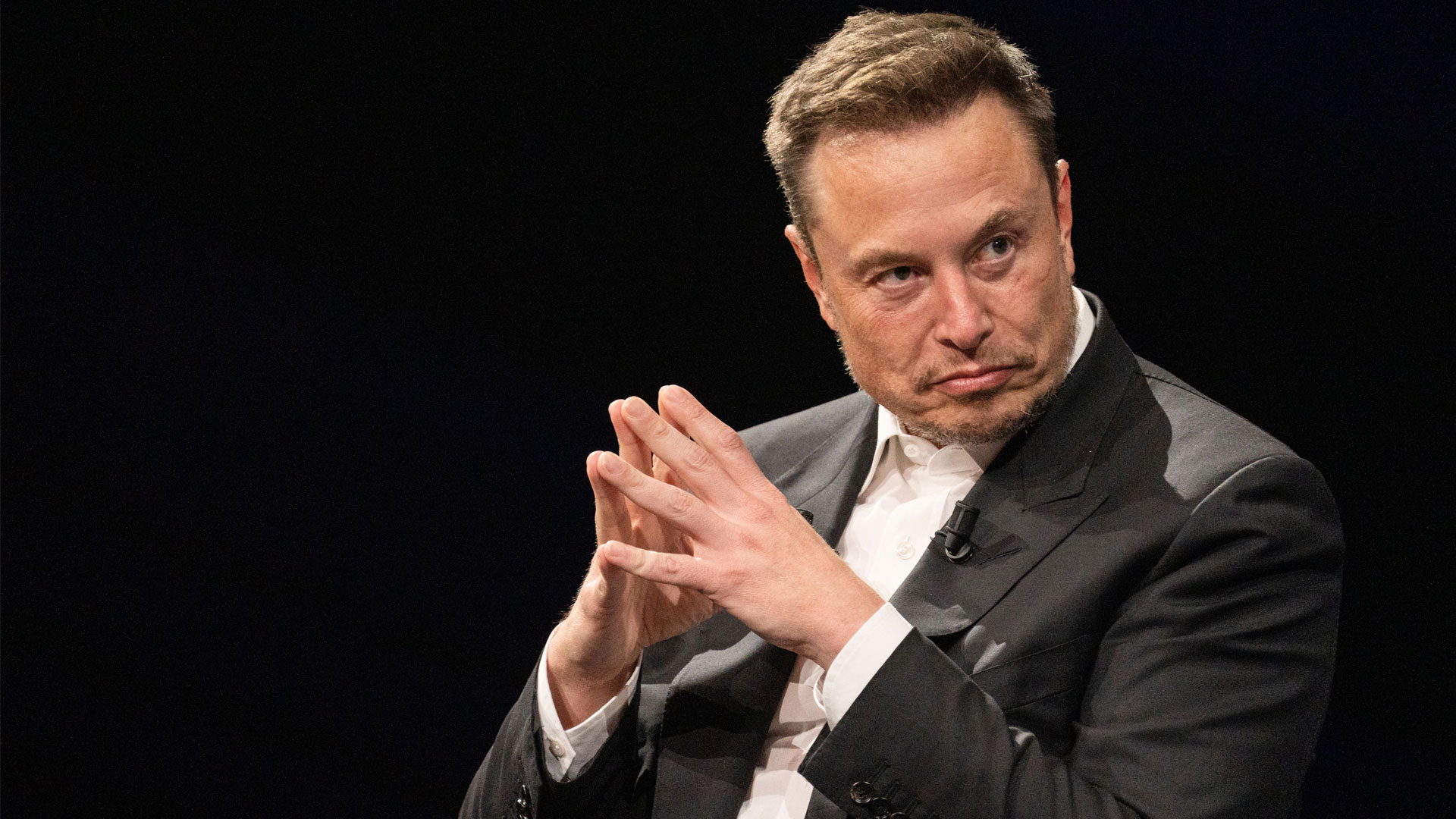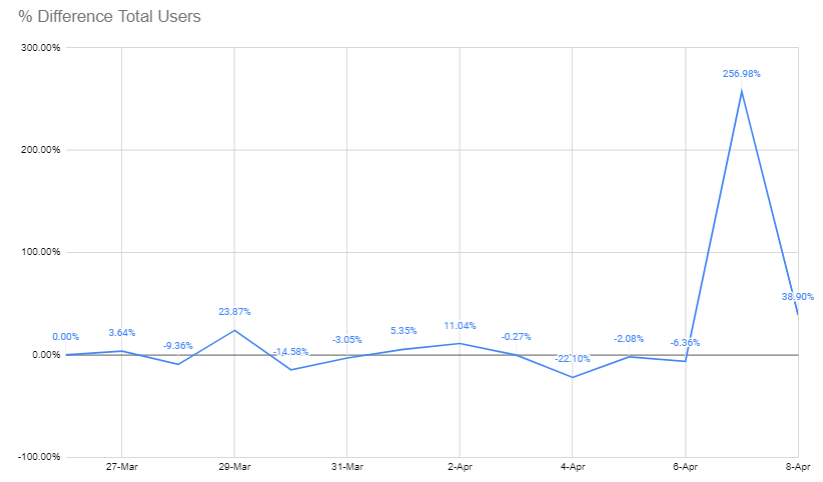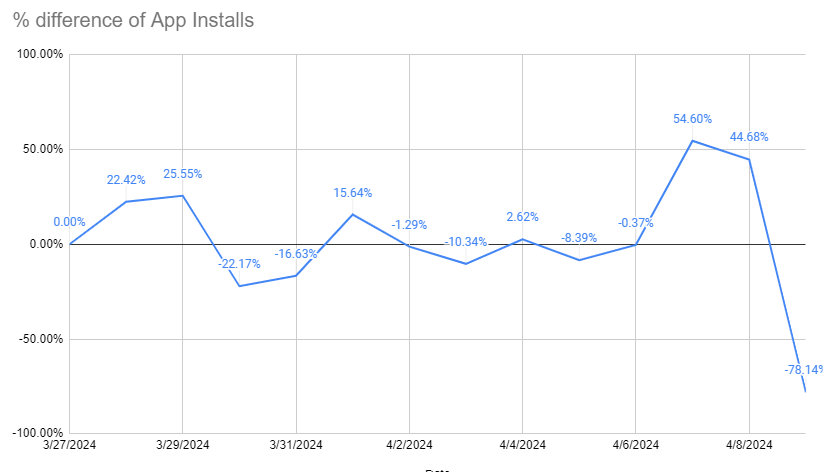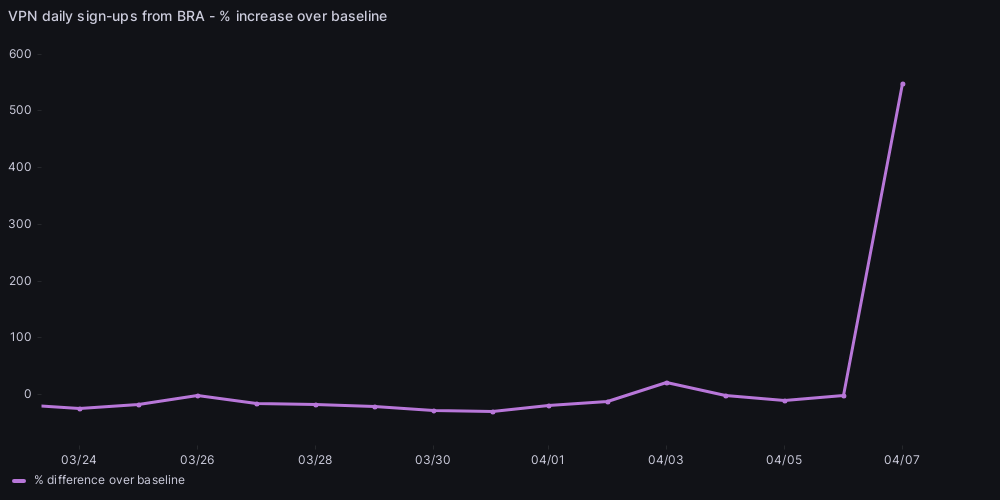Brazilian VPN usage soars as X faces potential restrictions
Musk himself urged users to download the anti-censorship app

As Brazil launched an inquiry into Elon Musk's conduct, citizens are getting ready to evade potential social media restrictions.
The owner of X, formerly known as Twitter, first suggested users across the country download a virtual private network (VPN) on Sunday, April 7, 2024. His pledge came to ensure people can still access the platform in case the Brazilian Supreme Court Justice Alexandre de Moraes decides to enforce restrictions for not complying with some account removal requests.
Brazilians appear to have listened to the billionaire. Some popular VPN service providers confirmed to TechRadar, in fact, a considerable spike in usage and sign-ups since then.
The need for a Brazil VPN
"To ensure that you can still access the X platform, download a virtual private network (VPN) app," Musk tweeted on Sunday. So, why is he recommending Brazilian users download this security software?
That's because one of the main capabilities of a VPN is spoofing your IP address location to make you appear as if you're browsing from a completely different country. This is why, when governments decide to pull the plug from certain websites or online services, citizens turn en masse to these tools to evade censorship.
As the graphs below show, both PureVPN and ProtonVPN recorded a sharp increase in sign-ups to their VPN service following Musk's message.



"PureVPN has experienced a significant surge in traffic from Brazil, signaling a heightened concern for internet privacy and freedom among Brazilian users," a company's spokesperson told me.
Most notably, the PureVPN app has been installed up to roughly 45% more times than usual on April 8. According to the provider, this indicates the increasing need for a reliable VPN service in the region.
Also Proton, the Swiss firm behind popular encrypted secure email and free VPN apps, has been tracking a spike in sign-ups in Brazil of around 600% compared to normal levels since then.
The soar in Brazil VPN usage comes as a purely preventive measure. At the time of writing X works normally across the country—but future restrictions aren't off the table just yet.
Why does X risk a ban in Brazil?
The beef between Musk and De Moraes kicked off on April 6—and the incriminated platform was the main battleground.
It began with the X's global government affairs team lamenting to have been forced by a Brazilian Court to block certain accounts. The company shared its intention to legally challenge these orders as they are believed to not be in accordance with Brazilian laws, vowing for citizens' freedom of speech "regardless of their political beliefs."
About an hour after that, Musk confirmed to have lifted these restrictions despite being threatened with hefty fines, possible arrest of X's employees, and a social media ban. "As a result, we will probably lose all revenue in Brazil and have to shut down our office there. But principles matter more than profit," he wrote.
The following day Musk took the fight to a further level, calling for the judge to resign or be impeached—see the original tweet below.
Coming shortly, 𝕏 will publish everything demanded by @Alexandre and how those requests violate Brazilian law. This judge has brazenly and repeatedly betrayed the constitution and people of Brazil. He should resign or be impeached.Shame @Alexandre, shame.April 7, 2024
At this point, Brazilian Attorney General Jorge Messias also turned on X to comment on the events and call for new rules around social media.
"It is urgent to regulate social networks," he tweeted. "We cannot live in a society in which billionaires domiciled abroad have control of social networks and put themselves in a position to violate the rule of law, failing to comply with court orders and threatening our authorities."
On April 8, Reuters reported that De Moraes officially opened an inquiry into what he described as "obstruction of justice."
Although the nature of the blocking requests hasn't been confirmed, De Moraes has been cracking down on the spread of fake news and hate messages online for a while now. These activities have increasingly made him the target of criticism, especially from many commentators on the right—according to Al Jazeera.
The judge isn't new to restricting social media use, either. He already temporarily banned Telegram a year ago for failing to hand over data from neo-Nazi chats, and threatened another ban after the messaging app criticized the state of democracy in Brazil in a public message against the so-called fake news law.
Alongside fresh new social media restrictions, X now risks fines of up to 100,000 reals ($19,740) per day if it keeps refusing to comply with the blocking order.
We test and review VPN services in the context of legal recreational uses. For example:
1. Accessing a service from another country (subject to the terms and conditions of that service).
2. Protecting your online security and strengthening your online privacy when abroad.
We do not support or condone the illegal or malicious use of VPN services. Consuming pirated content that is paid-for is neither endorsed nor approved by Future Publishing.
Sign up for breaking news, reviews, opinion, top tech deals, and more.

Chiara is a multimedia journalist committed to covering stories to help promote the rights and denounce the abuses of the digital side of life – wherever cybersecurity, markets, and politics tangle up. She believes an open, uncensored, and private internet is a basic human need and wants to use her knowledge of VPNs to help readers take back control. She writes news, interviews, and analysis on data privacy, online censorship, digital rights, tech policies, and security software, with a special focus on VPNs, for TechRadar and TechRadar Pro. Got a story, tip-off, or something tech-interesting to say? Reach out to chiara.castro@futurenet.com